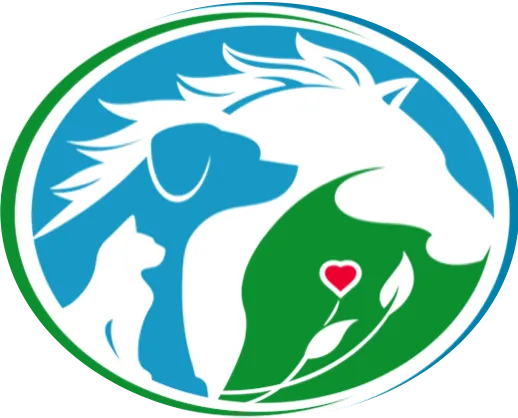Cats, Dogs, Horses, Small Pets, Birds, Poultry & Reptile
(How to Use with Fish is below)
read our horse testimonials & articles for
Equine Emotional Well-being
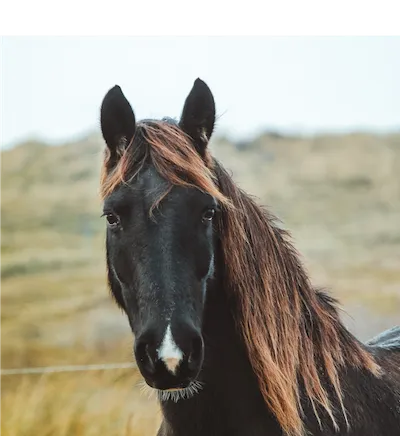
5 Tips for Planning for the Expense of Owning a Horse
Planning for Expenses = Planning for a Happy Experience
Owning a horse is a dream come true for many animal lovers. Horses offer companionship, joy, and the thrill of riding, but it’s essential to understand that this dream comes with significant financial demands. From the initial purchase to the ongoing care and unforeseen expenses, the costs can quickly add up. Proper planning is key to ensuring that you can provide the best possible life for your equine companion while maintaining your financial stability. Whether you're a first-time horse owner or adding another to your stable, these five tips will help you prepare for the financial responsibilities that come with horse ownership.
1. Understanding the Initial Costs
The purchase price of a horse is only the beginning. Horses can range from a few hundred dollars to tens of thousands, depending on their breed, training, and purpose. However, the initial cost also includes:
Pre-purchase Exam: Hiring a veterinarian to evaluate the horse’s health can save you from future unexpected expenses.
Tack and Equipment: Saddles, bridles, blankets, and grooming tools are essential and can cost several hundred to thousands of dollars.
Transportation: Whether you're hiring a service or purchasing a trailer, transporting your horse to its new home is an additional expense.
Take time to research and budget for these initial investments to avoid surprises.
2. Plan for Monthly Care Expenses
Horses require consistent care, which includes the following recurring costs:
Boarding: If you don’t have your own facility, boarding fees can range from $300 to over $1,000 per month, depending on the amenities and location.
Feed and Supplements: Hay, grain, and supplements vary in cost based on your horse's size, age, and activity level. On average, expect to spend $150-$300 monthly.
Farrier Services: Hooves need trimming every 6-8 weeks, with costs averaging $50 for trims and up to $150 or more for shoeing.
Veterinary Care: Routine check-ups, vaccinations, and dental work can amount to $300-$600 annually, excluding emergency care.
These monthly expenses should be factored into your budget before bringing a horse into your life.
3. Plan for Unexpected and Emergency Expenses
Emergencies happen, and they often come with a hefty price tag. Horses can suffer from colic, injuries, or illnesses that require immediate and costly veterinary intervention. It's wise to:
Set Up an Emergency Fund: Aim to save at least $2,000-$5,000 specifically for equine emergencies.
Consider Equine Insurance: Policies can cover major medical expenses, mortality, or loss of use. Research different providers and plans to find one that fits your needs and budget.
Being financially prepared for the unexpected can prevent tough decisions and ensure your horse gets the care it needs.
4. Factor in Training and Educations Costs
Whether you're a first-time horse owner or an experienced rider, ongoing education is key. Training ensures your horse is safe, well-behaved, and enjoyable to ride. Consider the following:
Professional Training: Hiring a trainer can cost $500-$1,000 or more per month.
Riding Lessons: Lessons for yourself ensure you build a strong partnership with your horse and can range from $40-$100 per session.
Clinics and Workshops: These opportunities allow you to learn from experts and can enhance your skills and knowledge.
Investing in training not only improves your experience but also benefits your horse's health and behavior.
5. Factor in Ways to Save Without Compromising Care
While horse ownership is expensive, there are ways to manage costs effectively:
Buy in Bulk: Purchasing hay and grain in bulk often leads to discounts.
Share Boarding Facilities: Partial or co-op boarding arrangements can lower your monthly boarding fees.
DIY When Possible: Learn basic skills like grooming, minor wound care, and tack maintenance to reduce service costs.
Shop Secondhand: Used tack and equipment are often in excellent condition and significantly cheaper than new.
Balancing cost-saving strategies with quality care ensures your horse's well-being while keeping your finances in check.
The Long Perspective
Owning a horse is a long-term commitment, both emotionally and financially. Horses can live 25-30 years, requiring years of dedicated care, regular veterinary check-ups, and proper nutrition to thrive. It’s essential to consider the full lifecycle costs, including retirement care for aging horses that may no longer be rideable but still need a safe, comfortable environment.
Additionally, maintaining good financial habits, such as tracking all related expenses in detail and revisiting your budget annually, helps ensure you’re prepared for the evolving needs of your equine companion as they age. Taking these proactive steps can provide peace of mind and allow you to enjoy the journey of horse ownership without unnecessary financial stress.
Conclusion
Horse ownership is an incredible journey filled with rewarding experiences, but it requires careful financial planning. By understanding initial and ongoing costs, preparing for emergencies, and exploring cost-saving strategies, you can ensure a happy and healthy life for your horse without unnecessary stress.
Whether you're just starting your equestrian adventure or looking to refine your financial approach, these tips provide a strong foundation for responsible horse ownership.
Calm Animal Solutions is bringing gentle, natural calming support to animals everywhere —
because we believe every animal deserves to feel safe, known, and supported.
A Trained Animal Communicator Connects with Your Pet
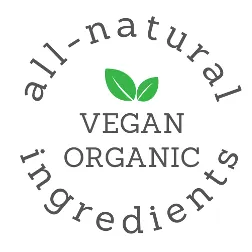


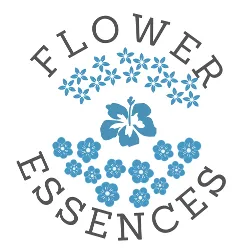
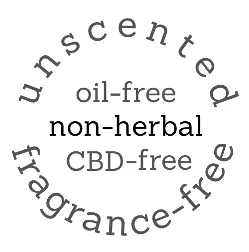
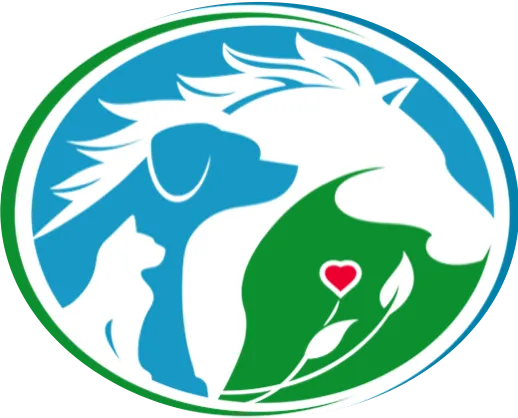
Calm Animal Solutions
Calm Animal Solutions offers customized, natural remedies for dog anxiety, and are calming for cats. Plus, we create blends for horses, small animal pets, birds, poultry, reptiles, and fish.
Flower Blends
CustomBlends4U
©2026, Catherine Winfree. All rights reserved.
Mandatory FDA Notice: The statements made regarding Calm Animal Solutions have not been evaluated by the Food and Drug Administration. These products are not intended to diagnose, treat, cure, or prevent any animal disease. Although the ingredients in Calm Animal Solutions are generally regarded as safe, you are encouraged to consult your veterinary before using any essence product (such as Bach Flower Essences, for example).
Bringing gentle, natural calming support to animals everywhere —
because every animal deserves to feel safe, known, and supported.
With every order, a trained animal communicator connects with your pet to choose the right blend of flower essences (e.g. Bach Flower Essences) to help calm their stress. Custom blended flower essences are natural pet calming products.





Mandatory FDA Notice: The statements made regarding Calm Animal Solutions have not been evaluated by the Food and Drug Administration. These products are not intended to diagnose, treat, cure, or prevent any animal disease. Although the ingredients in Calm Animal Solutions are generally regarded as safe, you are encouraged to consult your veterinary before using any essence product.

Home | Contact | Terms | Privacy Policy | About Catherine
©2026, Catherine Winfree. All rights reserved.
